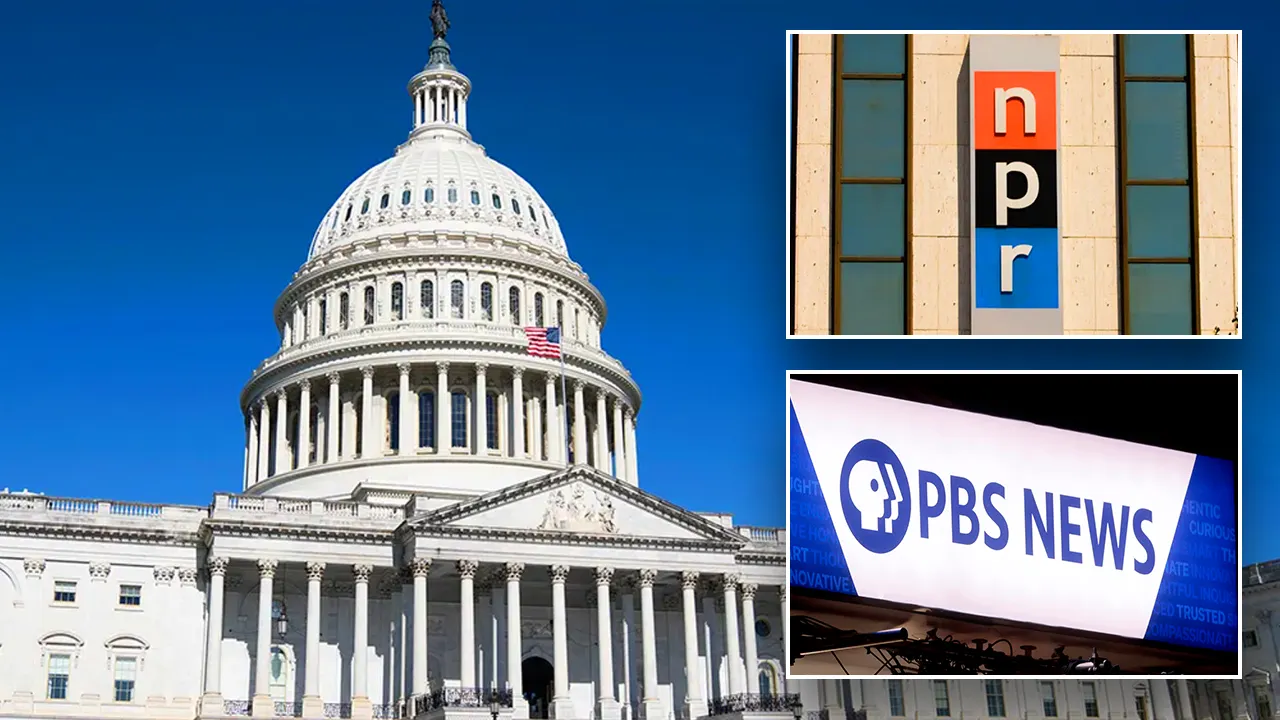Left-wing media outlet could see taxpayer funding slashed if GOP efforts succeed

National Public Radio (NPR) is facing potential funding cuts as a new bill proposes to eliminate any federal taxpayer support for the news organization. The “Defund NPR Act” was introduced by Rep. Kat Cammack, R-Fla., and Sen. Jim Banks, R-Ind., as Republican lawmakers scrutinize spending across the board.
Cammack stated, “I’m glad to join my longtime friend, Senator Banks, in introducing the Defund NPR Act in the House. Last Congress, the Energy & Commerce Committee held a hearing about the status of NPR and how federal funds are often used for left-wing activism under the journalism moniker.”
NPR currently receives 1% of its budget from the U.S. government, with local NPR affiliates relying more heavily on federal government grants. The bill also targets the “dues” and “fees” paid by those affiliates, which NPR considers a significant source of income.
According to NPR’s website, government funding is described as “essential” and removing it could weaken the institution, forcing it to rely more on donations and other revenue sources.
Banks criticized NPR, stating, “Taxpayers shouldn’t be forced to fund NPR’s liberal propaganda. If NPR can’t stay afloat without government funding, that tells you all you need to know about the quality of their news.” He previously introduced similar legislation in April 2024.
Recently, Rep. Claudia Tenney, R-N.Y., and Sen. Mike Lee, R-Utah, introduced the “Defund Government Sponsored Propaganda Act,” which takes aim at both NPR and PBS. Lee emphasized that Americans have numerous sources of news and commentary and do not need politically biased, taxpayer-funded media dictating what they should see and hear.
NPR did not provide a comment in response to the proposed bill.
In conclusion, the future of NPR’s funding remains uncertain as lawmakers debate the role of government support for the news organization. The potential impact on NPR’s operations and the broader media landscape will be closely monitored as the bill progresses through the legislative process.




